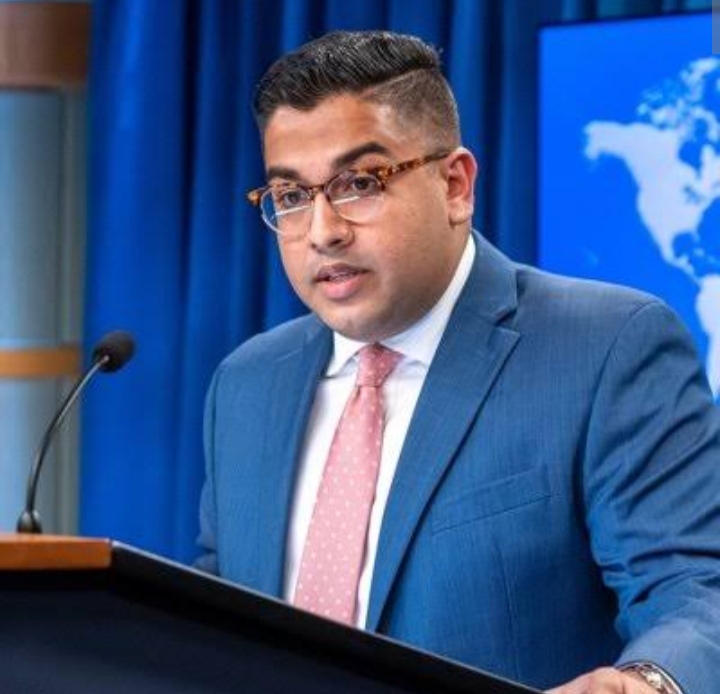Climate change could upturn world malaria fight: WHO
Climate change is making the fight against malaria even harder, with the campaign already struggling to make up ground lost during the Covid-19 pandemic, the World Health Organization warned Thursday.
“The changing climate poses a substantial risk to progress against malaria, particularly in vulnerable regions,” WHO chief Tedros Adhanom Ghebreyesus said as the WHO published its World Malaria Report.
Changes in temperature, humidity and rainfall influence the behaviour and survival of mosquitos that carry the disease, with extreme weather events such as heatwaves and flooding also driving up cases, the UN health agency said.
There were 249 million recorded malaria cases and 608,000 deaths in 2022, both up from before Covid.
“Sustainable and resilient malaria responses are needed now more than ever, coupled with urgent actions to slow the pace of global warming and reduce its effects,” Ghebreyesus said.
The WHO said ideal mosquito breeding and survival occurs at temperatures ranging from 20 to 27 degrees Celsius.
“A slight warming in cooler, malaria-free zones could lead to new malaria cases,” it said.
And population displacement due to climate changes may also lead to increased malaria as individuals without immunity migrate to endemic areas.
Extreme weather events such as the floods that hit Pakistan in 2022 can lead to large epidemics.
As a slight counterweight, increased aridity could eliminate malaria from some currently-endemic zones.
But WHO warned that “overall” climate change hampers anti-malaria efforts.




